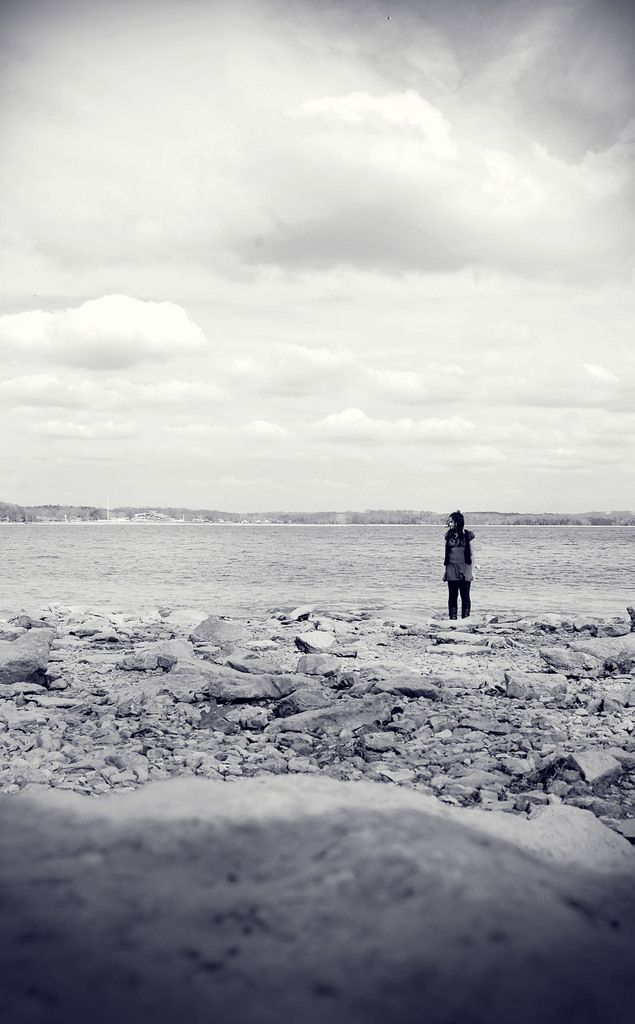Tourists may be required by the Ministry of Tourism to disclose their mountain routes to the Ministry of Emergencies.
Tourist Safety in Kazakhstan's Mountainous Regions: Upcoming Changes
The Ministry of Tourism and Sports of Kazakhstan is mulling over a new legal requirement that forces tour operators to share their planned routes in remote, difficult-to-reach mountain areas with local emergency services before embarking on a trek, according to our reports, quoting the ministry's press service.
During a recent government meeting, Minster of Tourism and Sports Yerbol Myrzakhmetov presented the measures taken by the ministry in combination with relevant government bodies to secure the safety of tourists. Highlighting the significance of preserving tourist safety, especially in mountainous areas during the summer season, Myrzakhmetov revealed that over the past five years, over 400 search and rescue operations have been carried out in the country's mountainous regions. Last summer alone saw 112 incidents involving tourists. To boost safety in the Almaty region, 18 mountain huts have been set up in remote regions, equipped with emergency kits comprising a stove, first aid kit, charger, and blanket. These huts also carry emergency buttons that send out an "SOS" signal to emergency services "112" and "109" via satellite communication. This model is proposed to be extended to other regions of the country.
While Kazakhstan has previously implemented QR services in international airports, no updates have been provided on their expansion. Stay tuned for further developments!
Insights on Tourist Safety Measures in Kazakhstan
Current Measures
- Emergency services are crucial for tourist safety. Case in point: The prompt response of emergency services last May ensured the successful evacuation of three tourists stranded on Mount Shymbulak in the Almaty region due to physical exhaustion and cramps [2].
- Carrying communication equipment has been stressed by the Ministry of Emergency Situations as essential for tourists, who should also communicate their planned routes to their family or friends [2].
Future Initiatives
- Comprehensive measures are being planned to guarantee a safe and comfortable tourist experience in Kazakhstan, though specifics on the expansion of emergency huts or QR services remain undisclosed [1].
- Kazakhstan is investing in major tourism projects, such as the development of a top-tier ski resort near Almaty. These projects may indirectly enhance safety by improving the overall infrastructure in tourist areas [4].
Eco-Tourism and Accessibility
- New tourism projects, including the Almaty SuperSki initiative, prioritize sustainable and accessible designs for tourists, including those with disabilities. Such a focus on sustainability can potentially lead to safer and more environmentally-friendly tourism practices [4].
While updates on the expansion of emergency huts or QR services are not currently available, the continuing emphasis on improving infrastructure and ensuring tourist safety suggests that these or similar measures are being considered as part of broader efforts to enhance tourism safety and the overall tourist experience in Kazakhstan. Stay connected for more updates!
The Ministry of Tourism and Sports in Kazakhstan is considering extending the emergency huts equipped with essential supplies and emergency buttons to other regions, aiming to boost tourist safety. Tourists are recommended to communicate their planned routes to their family or friends, making use of crucial communication equipment during their travels.





